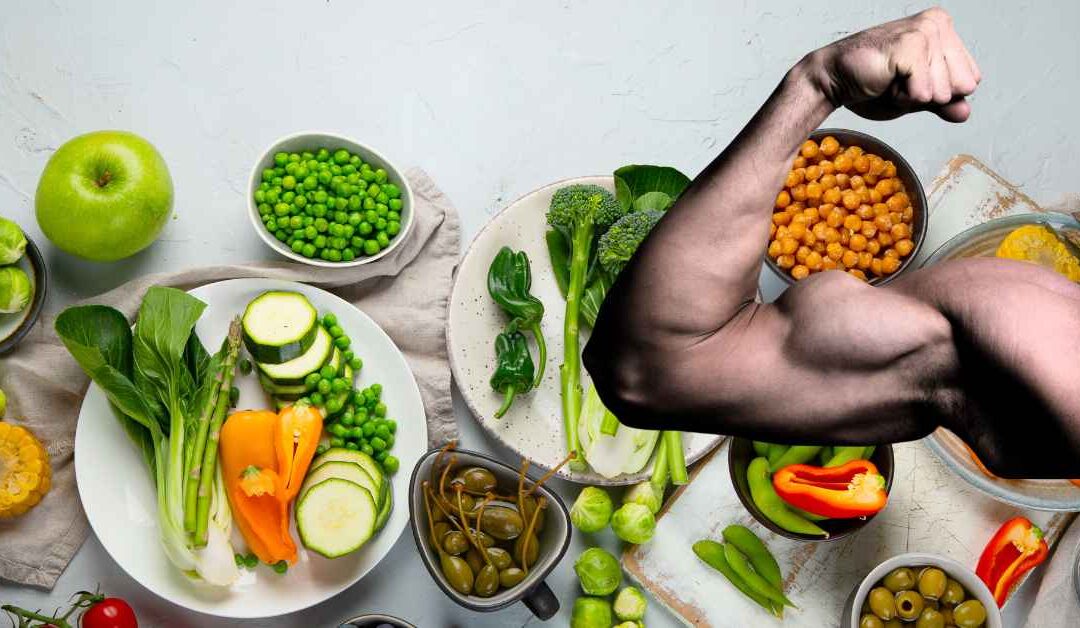Unlocking the Power of Plant-Based Eating
Did you know that the food you eat can have a dramatic effect on your health, the planet, and even your longevity? Plant-based eating is becoming increasingly popular as more people learn about the amazing benefits it provides. Eating plant-based meals is an easy way to improve your health and help protect the environment. But what exactly does “plant-based” mean? And how much of an impact can incorporating plants into your diet really make? Let’s explore these questions in more detail.
What Does “Plant-Based” Mean?
When we talk about plant-based eating, we are referring to diets that are comprised mostly of fruits, vegetables, nuts, seeds, grains, legumes and other plant foods. (more on this subject here) This type of diet excludes animal products such as meat, eggs and dairy products. The best plant-based diet is a ‘whole food’ plant-based diet this also excludes processed foods with unhealthy ingredients such as sugar, trans fats and food additives.
The Health Benefits of Plant-Based Eating
There are many health benefits associated with eating a plant-based diet. Studies have shown that a whole food plant-based diet can reduce the risk of obesity, diabetes, heart disease and cancer. Plant foods are packed with vitamins, minerals and antioxidants that boost our immune system and keep us healthy. Additionally, they are rich in fiber which helps us feel fuller longer and aids digestion. Studies have also shown that people who follow a plant-based diet tend to live longer than those who don’t.
The Environmental Benefits of Plant-Based Eating
In addition to its health benefits, plant-based eating has a positive impact on the environment as well. Animal agriculture is one of the biggest contributors to climate change due to its high emissions of greenhouse gases like methane and nitrous oxide. By shifting away from animal products towards more plants in our diets we can help reduce these emissions significantly. Additionally, growing crops for human consumption uses less land than raising animals for food production so it is much more efficient in terms of land use and water consumption. According to recent studies conducted by the U.S Department of Agriculture (USDA), producing 1 gram of beef protein requires more than 8 times the amount of water used for 1 gram of soybean protein! Furthermore, most animal proteins require significantly more land than their plant-based counterparts – around 11X more land per gram!
Can You Make A Difference With A Part Time Plant Based Diet?
Yes! Even if you only commit to having one or two plant based meals each week you will still be making a difference — both for yourself and for the planet! Eating fewer animal products means less animal cruelty and fewer emissions being released into the atmosphere so every little bit helps! Additionally, by making small changes over time you can eventually transition into a full time plant based/ vegan diet if that is something you desire!
Conclusion:
Eating more plants doesn’t just benefit us — it also helps against animal cruelty and protects our planet from further destruction due to animal agriculture’s environmental impacts like deforestation and air pollution caused by its high levels of greenhouse gas emissions. Moreover, incorporating plants into our diets has been linked with improved overall health outcomes like reduced risk of obesity and diabetes as well as increased longevity! Whether you decide to go all out with a full time vegan lifestyle or start out small by having one or two vegetarian meals each week — there’s no denying that adding more plants into your diet is truly powerful! Where are you waiting for? Start your plant-based journey today and experience the rich and delicious world of plants.
With Love,
Jimmy

